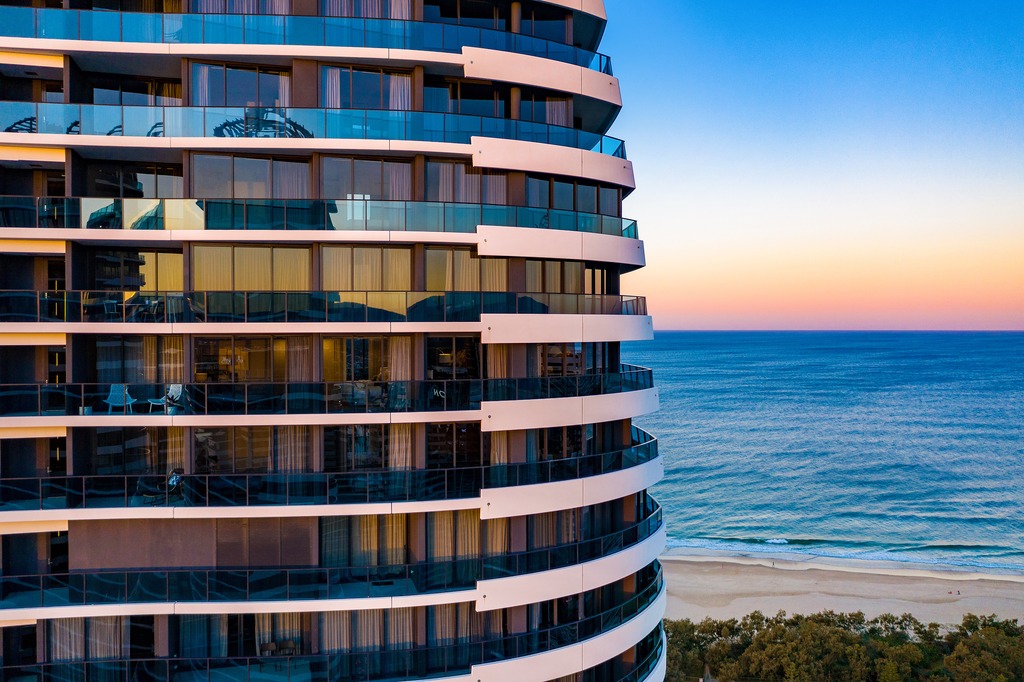What is a Body Corporate and What Do the Fees Cover?
June 12 2020

June 12 2020

If you’ve ever lived in an apartment, townhouse or duplex, you’ll be familiar with the term “body corporate”. The official explanation, according to the QLD Government, advises it “is a legal entity which is created when land is subdivided and registered under the Land Title Act 1994 to establish a community titles scheme. All of the owners in a community titles scheme are automatically members of the body corporate when they buy their lot.”
The main function of this legal entity is to be responsible for a range of compliance, financial, insurance and essential services matters. This means administering common property and body corporate assets for the benefit of all of the owners. It must also manage physical property issues as well as people issues that arise as a result of this style of community living.
A body corporate is tasked with maintaining common property to ensure it is in structurally sound condition and well looked after. It must also ensure that those living together under this scheme do so harmoniously. This not only includes behaviour, noise levels or parking, but as well focuses on exterior issues such as painting or the installation of air conditioners or awnings.
The everyday expenses incurred to upkeep the complex are paid from an administration fund. Examples include:
Sometimes referred to as a “capital works fund”, this acts as a financial safety net for complexes. Monetary contributions are set aside for long-term expenses which relate to common areas. Examples include:
Additional levies, known as a special contribution, can be collected if there are insufficient funds to pay for an unforeseen issue or unexpected cost. It must be decided upon by a vote and how much you’ll need to pay is calculated according to your lot entitlement.
While insurance levies do fall under the Administrative Fund, it’s worth clarifying here that when you own a unit in a property, you need to be absolutely certain that all building and liability risks are covered for the property. This is especially important when you consider a wide range of people have access to the common areas of a complex. It’s also recommended owners still take out insurance for their own contents and also public liability to cover visitors on the property and car spaces.
If you’ve got any questions about enjoying a “lock and leave” lifestyle or how to best downsize without downgrading, I’m here to help. And when you consider there have been $12,765,000 in sales recently for Broadbeach
luxury high-rise project, Infinity, it shows this way of life is proving to be ever-popular.